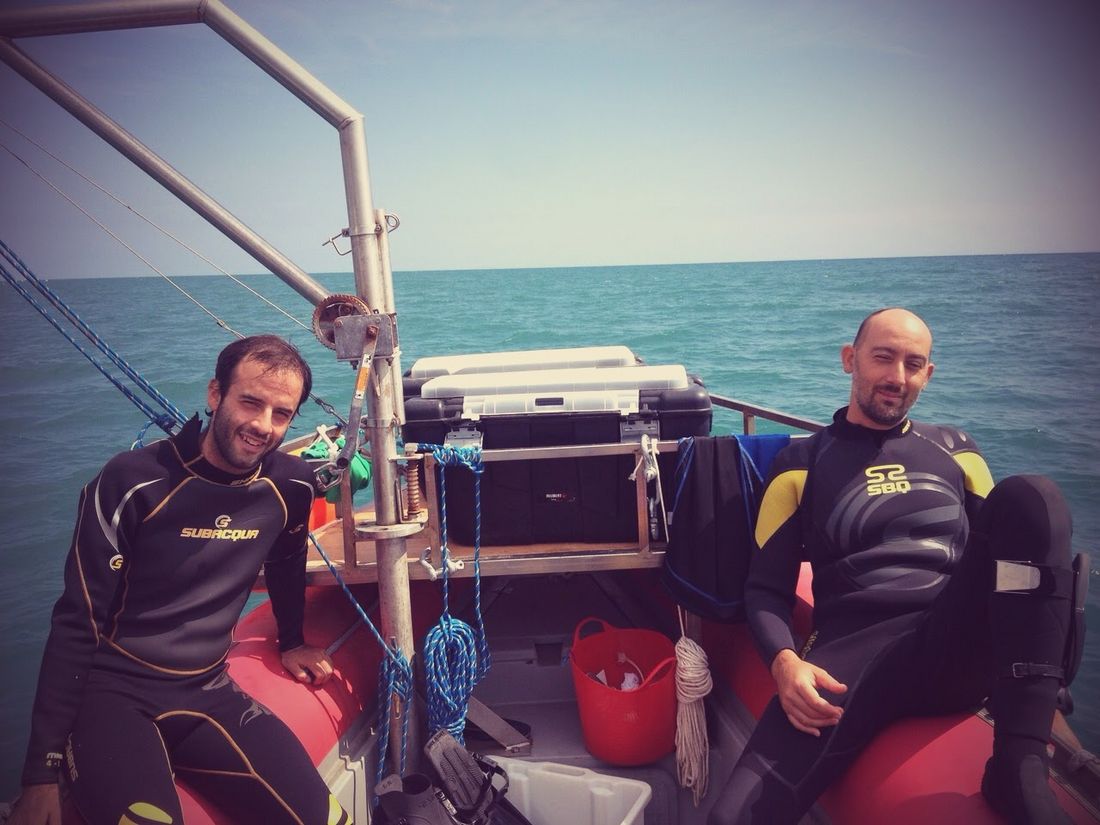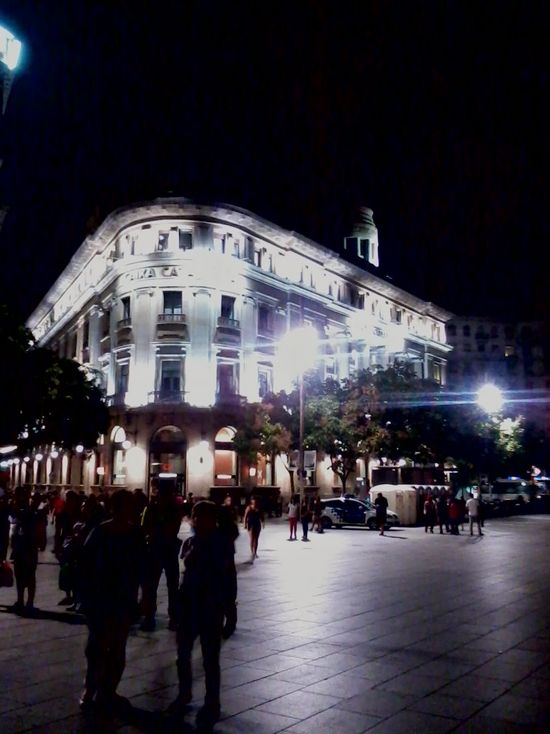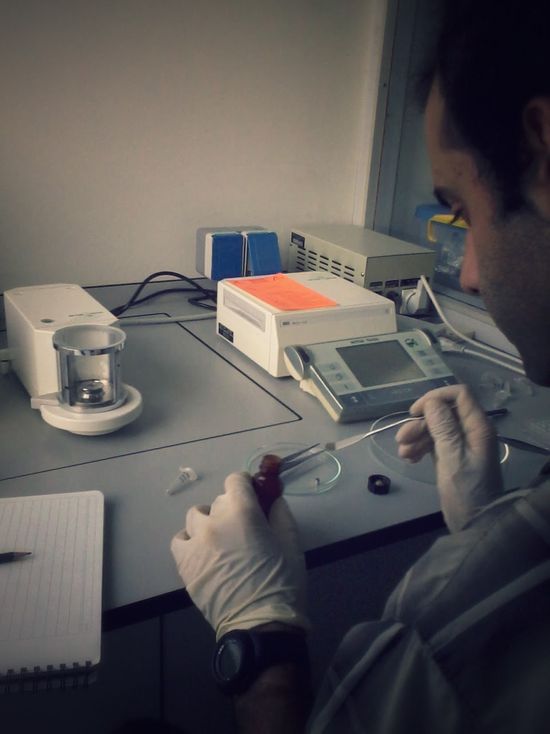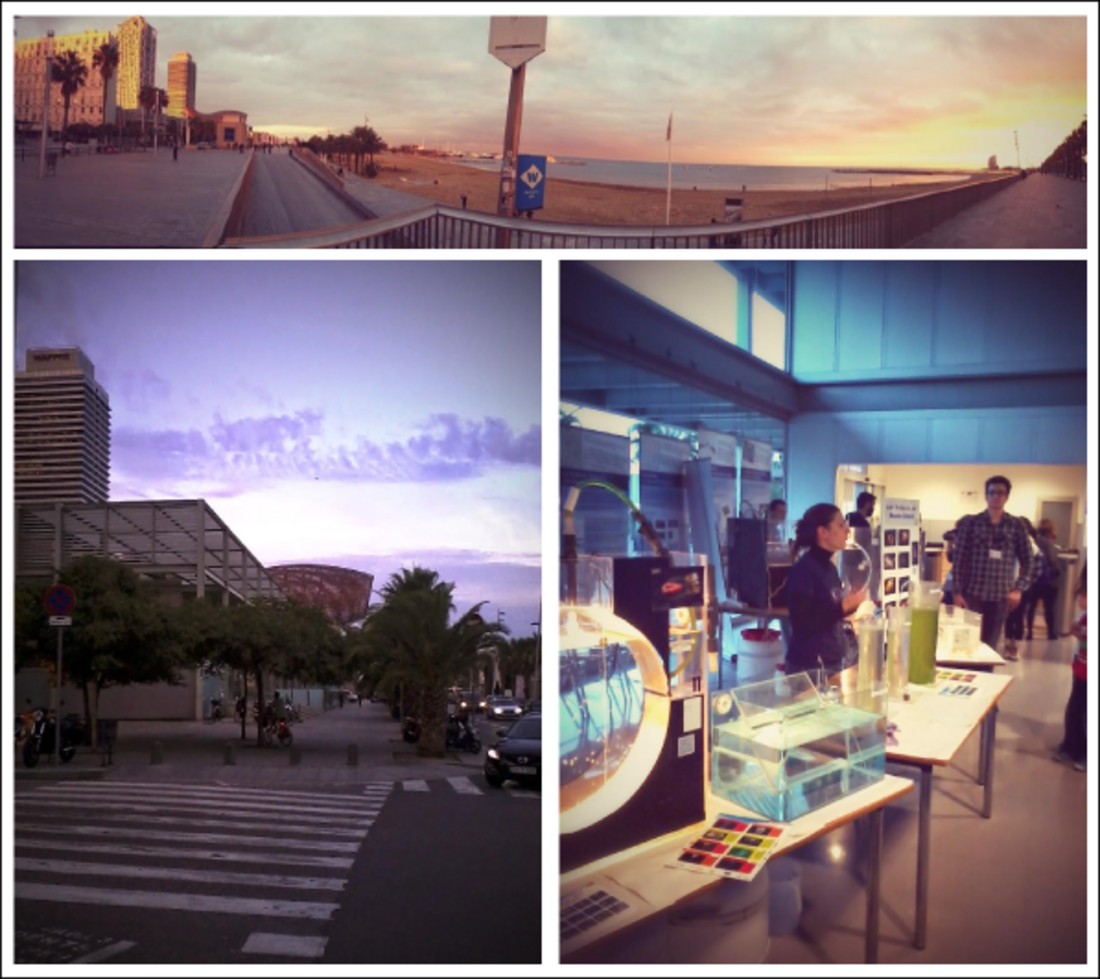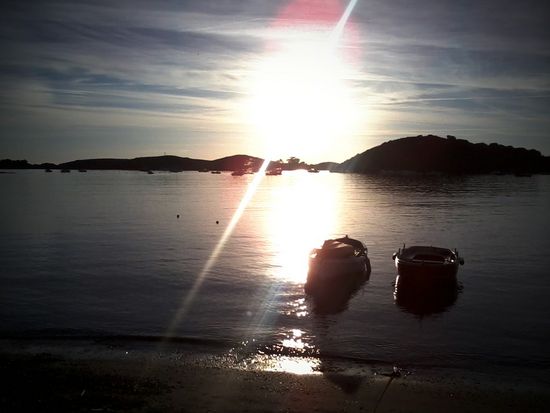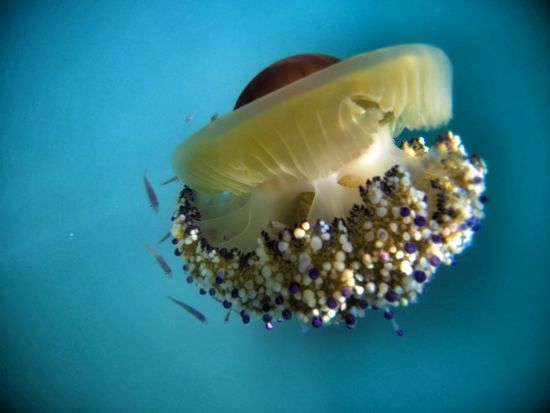Stay at ICM: Antarctic Research with Catalan Accent
My name is Gastón. I am a marine biologist and I am doing my PhD in Argentina in the Institute of Diversity and Animal Ecology (IDEA/CONICET) and the University of Córdoba. My research is part of the ECLIPSE Project (http://www.eclipseproject.org) and takes place in a small Antarctic fjord (Potter Cove, King George Island) at Carlini Station. It focuses on the study of energetic interconnection between planktonic and benthic systems and the potential effects that climate change might have on these processes. In other words, how is life sustained in this coastal Antarctic system? What is/are the main food source/s for those species occurring both in the water column and settled in the sea floor? How will climate-forced changes affect the functioning of the ecosystem? These are only some of the questions that guide my work and I am trying to find the answers to those questions.
My approach to tackle this topic goes through the study of different aspects and methodologies. One study focuses on the trophic response of the Antarctic krill and a sea squirt, e.g. how the species process and assimilate different potential food sources and how this influences the production of faecal pellets (amount and speed). But I also study, how different concentrations of sediments in water affect these responses, as it is an environmental stressor linked to climate change. This has involved a large experimental series performed in Antarctica, which is fortunately finished - at least for now.
To answer (or try to) the question of what the species eat and what is providing the energy required to sustain them I am gathering evidences in different ways. First I am going to analyse samples taken by a trap deployed in the bottom of Potter Cove, which collects them monthly. This way I can sort and identify all the particles (sediment, diatoms, faecal pellets) that precipitate from the water column and reach the bottom. This will give me information about what is circling around and is available as food source. To get an idea of what is ingested and used, I am using a tool rage these days that looks at the proportion of stable isotopes. What is this about? Every organism is characterized by a 'typical signature' on the proportion of 'light' and 'heavy' forms of a given chemical element, that are known as isotopes; in marine ecology: Oxygen, Carbon and Nitrogen are commonly used. When an organism eats other, different proportions of these isotopes they are accumulated in their tissues, giving us clues about the food that species normally use.
This last point brought me to Spain and since mid-July I am based in Barcelona. There I am doing a research stay at the Institut de Ciències del Mar (ICM), supervised by Dr. Verónica Fuentes an expert in zooplankton ecology, specially of gelatinous types. I have been working on the preparation and processing of samples in order to do the analyses mentioned before. Also I have been involved in some activities of the group and have had the chance to be close to jellyfish! Great experience!
Nevertheless, it is not only science and work. As a professor told me once, 'work hard (not too hard) and have fun'. Following this wise advice I have dedicated some time to discover the Catalan culture. This fantastic Mediterranean city has a lot of virtues that I had the fortune to experience. Talking about food I can say that it is amazing and the local products are outstanding like bread, olives, tomatoes, olive oil, cheese, ham and of course the traditional paella and 'pa amb tomaquet' (bread with tomato). But this is not enough to complete the fond memory experience. The good weather, stunning views of beach and sea, the privileged place where ICM is located, makes you feel at ease. Of course, the key part to feel comfortable and give your best in work, is always, people. I have met with very friendly people always willing to help you and ensuring that you have a good time. I have to admit that always when I have to face a new challenge, like being far away from home in a new place, it is impossible not to feel some insecurity and awe. But after this time living in Barcelona I can only say – Keep calm and speak Catalan (or try at least...).
Saludos from great Barcelona
Gastón Alurralde

